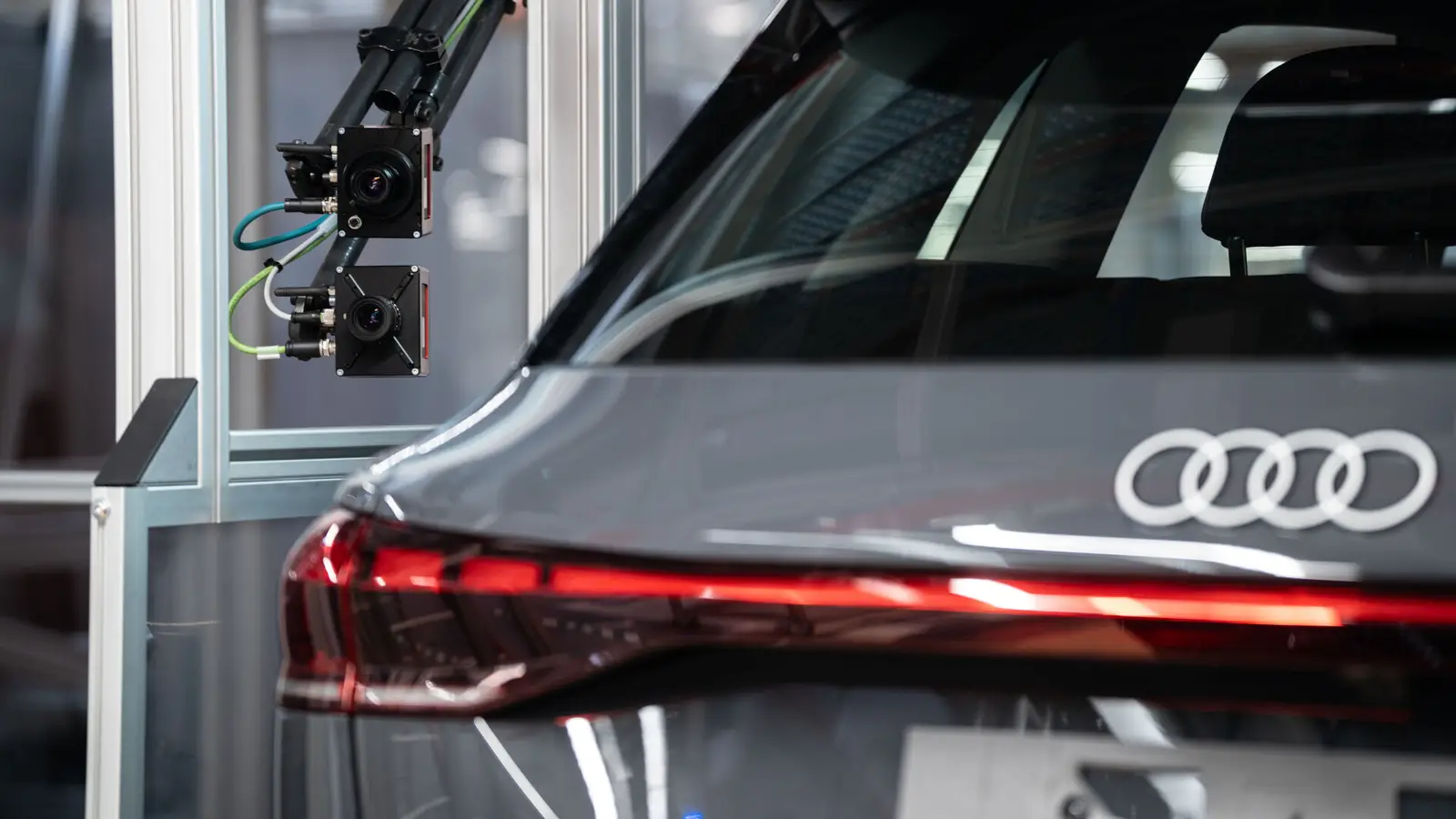Audi uses artificial intelligence to transform production processes

Audi integrates over 100 AI projects in production, including label checks and weld inspections, boosting efficiency, quality, and digital transformation.
Artificial Intelligence is no longer a futuristic buzzword for Audi—it’s a working tool reshaping how the company manufactures cars. With more than 100 AI-based projects underway, the German automaker is embedding artificial intelligence deeply into its production and logistics workflows to improve efficiency, quality, and sustainability. The result? A digital transformation that not only saves time and money but also lays the groundwork for the next generation of smart manufacturing.
“Artificial intelligence is the game changer in our industry,” said Gerd Walker, Member of the Board of Management for Production and Logistics. “By using it in a targeted way, we are creating a production environment that is not only more efficient and cost-effective but that also meets the highest quality standards.”
Among the standout initiatives is “Tender Toucan,” an AI-powered tool developed in partnership with XL2, which analyzes supplier bids. It cross-checks requirements with submitted proposals, flags discrepancies, and helps employees process documents up to 30 percent faster. The system, built using large language models, supports various file formats and is poised for a broader rollout across the Volkswagen Group. According to internal estimates, it could save up to 800,000 hours of engineering labor annually.
In quality assurance, Audi is deploying AI with similar ambition. At the company’s Ingolstadt and Neckarsulm sites, the “IRIS” system uses computer vision to verify that labels containing critical technical information are correctly applied—down to the correct language and position on each part. While human checks continue, the system trims production time by around a minute per vehicle.
Weld integrity is getting a similar AI upgrade. Partnering with Siemens, Audi has introduced “Weld Splatter Detection” (WSD), which identifies unwanted metal deposits on the vehicle underbody. Previously, this inspection was manual and labor-intensive. Now, AI handles the recognition process, and a robotic arm will soon be added to automate removal entirely. This shift is expected to improve safety and reduce strain on production staff.
All of these efforts are part of a broader vision: Audi’s “360factory” strategy. It aims to digitize the entire production ecosystem—cutting costs by 50% by 2033 and converting all plants to electric vehicle manufacturing by 2029. The first local AI-controlled clusters are already live at Böllinger Höfe, home to small-series production and real-world testing of smart factory systems.
To ensure long-term innovation, Audi is also investing in external networks. In Heilbronn, the company is a founding partner of the IPAI (Innovation Park Artificial Intelligence), set to become Europe’s largest AI cluster. With its new 23-hectare campus under construction and Audi’s offices already on-site, this partnership offers fertile ground for the brand’s AI ambitions.
From smart label inspection to AI-curated tenders and robotic welding checks, Audi’s use of artificial intelligence reflects a deliberate shift toward a more data-driven, sustainable future. The transformation is not without challenges—but with a clearly defined strategy and expanding ecosystem, the company seems poised to make the most of AI’s industrial potential.
Mark Havelin
2025, May 29 22:47


